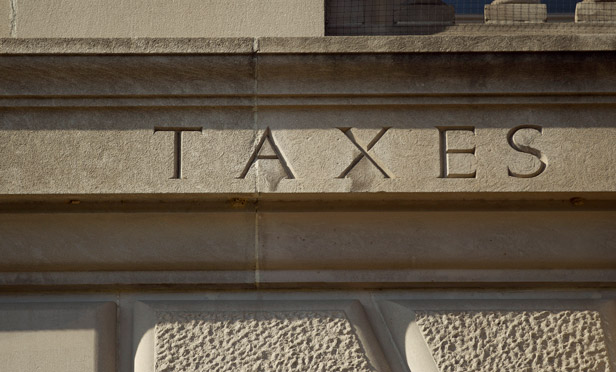

NOT FOR REPRINT
IRS Finalizes Last Set of 100% Bonus Depreciation Rules
News September 21, 2020 at 03:53 PM
Share & Print

NOT FOR REPRINT
© 2025 ALM Global, LLC, All Rights Reserved. Request academic re-use from www.copyright.com. All other uses, submit a request to [email protected]. For more information visit Asset & Logo Licensing.





